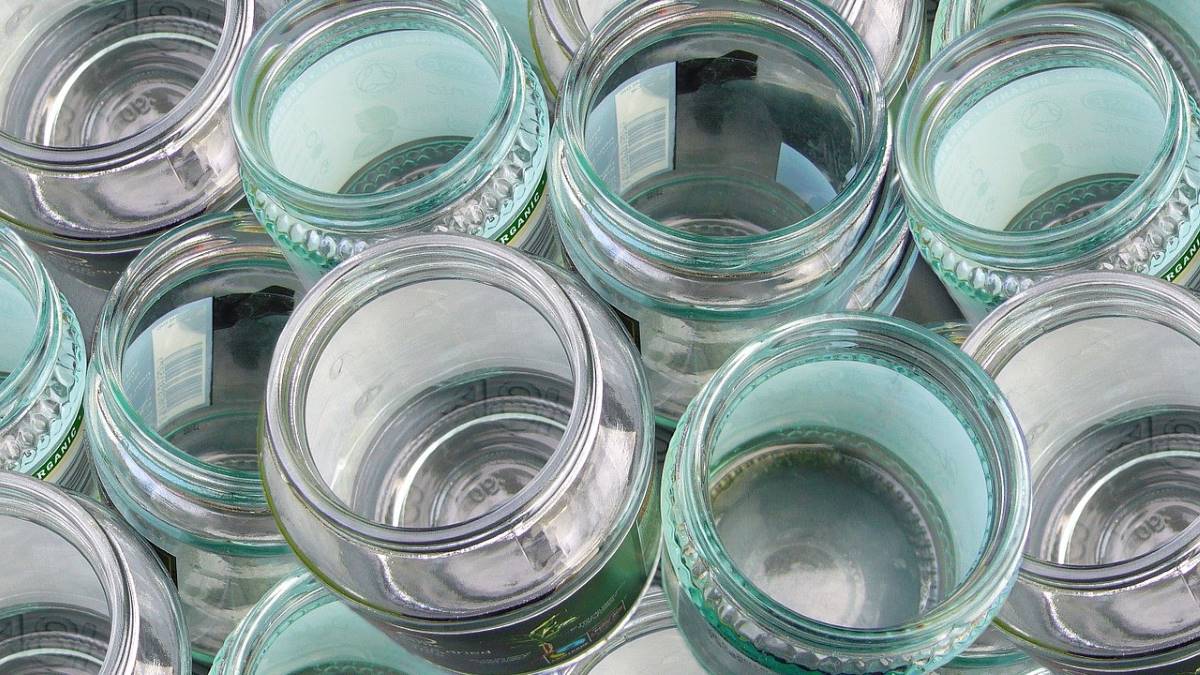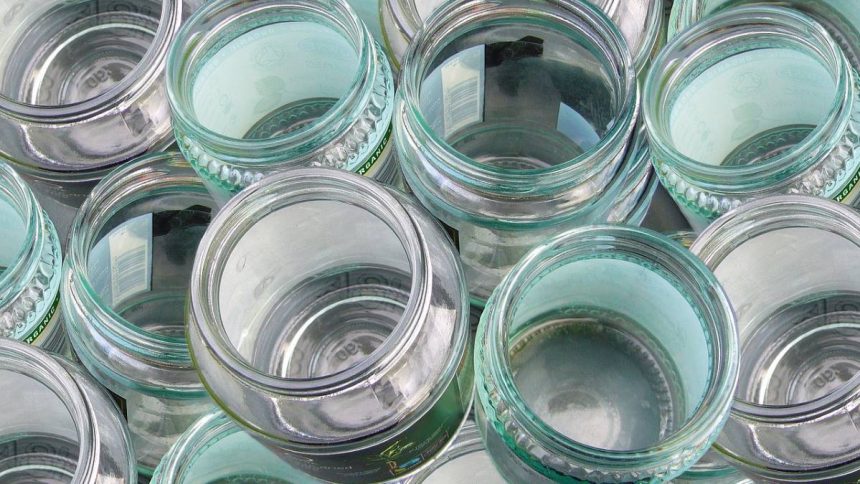
Previously, I believed that plastic water bottles could be recycled indefinitely, with each bottle turning into a new plastic bottle through the recycling process. However, that is not the reality with plastic. While some materials can be recycled infinitely, plastic is not one of them.
Instead, most recyclable items go through a process called downcycling, where they are turned into lower-quality products. For example, a plastic water bottle may be downcycled into synthetic fabric or material for a park bench.
But what happens to these downcycled products once they are no longer useful? Can they be recycled again? The answer varies depending on the material.
Editor’s note: This post contains affiliate links, which helps fund our Recycling Directory, the most comprehensive in North America.
Plastic: Once or twice
When plastic is recycled, its quality diminishes. In most cases, recycled plastic is turned into products like plastic lumber or synthetic fibers, instead of being remade into the original item. Once these products reach the end of their lifespan, they often end up in landfills, where they break down into harmful microplastics.
To reduce plastic waste, consider avoiding single-use plastics and using reusable alternatives like stainless steel water bottles and bamboo utensils.
Aluminum: Infinite
Unlike plastic, aluminum can be recycled an unlimited number of times without losing quality. Aluminum cans are highly valuable and have the highest return rate in the U.S. So, opt for aluminum cans over plastic bottles whenever possible and remember to recycle them.
Other Metals: Infinite
All metals, including ferrous and non-ferrous metals, can be recycled endlessly. Recycling metals is not only eco-friendly but also financially rewarding. Consider recycling scrap metal to contribute to sustainability efforts.
Paper: 5 to 7
Similar to plastic, paper has limitations in terms of recycling. Paper fibers shorten with each recycling cycle, reducing the number of times paper can be recycled. On average, printer paper can be recycled 5 to 7 times before the fibers become too short for further recycling.
Glass: Infinite
Glass, like metal, can be recycled indefinitely. It is cost-effective to recycle glass and reuse it in various products. Ensure you recycle the right types of glass, as different types have different melting points and cannot be recycled together.
By choosing metals and glass containers over plastics, you can make a positive impact on the environment and contribute to sustainable practices. Remember, every recycling effort counts towards a greener future.
Editor’s Note: This article was originally published on June 15, 2017, and updated in May 2024.
. If the provided articles seems to be less than 200 characters or it is an intro of the author, then try to generate an articles using this title.How Many Times Can That Be Recycled?






